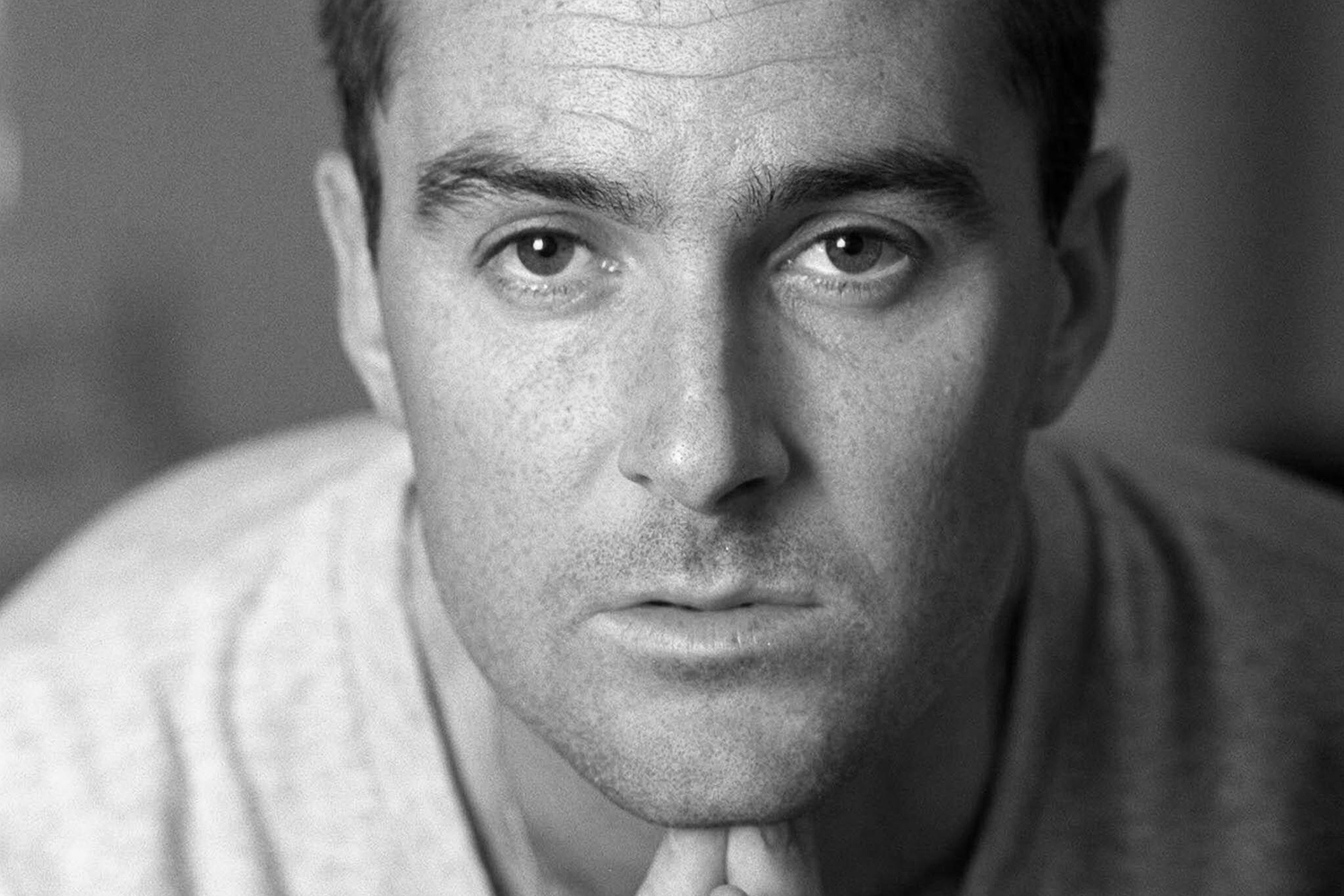After some time discussing the topics that Andrew Murtagh investigates in his new book on depression in cricket, there is a question I want to ask. I preface it with an apology, for it is such an unknowable delve into the hypothetical that I fear it might have capacity to offend.
For five years in the 1970s, Murtagh was a professional cricketer for Hampshire. By his own admission, he did not quite cut it at that level and became a teacher. It was there that his depression first surfaced – or that he first acknowledged it – leading down a path that would see him write Cricket’s Black Dog, a part-personal look at an affliction that many believe affects a disproportionate number of cricketers.
So does Murtagh believe his own mental health troubles would have occurred had he not played professional cricket? His answer is a revealing. “I think I would have sailed along merrily without worrying too much,” he says.
“It probably did affect me. Cricket is a game of failure. That’s the nub of the whole thing. If you get a nought, as you trudge off the pitch, there is the big zero on the scoreboard for everyone to see. I used to pray that there would be a print strike in Fleet Street so the papers the next day wouldn’t be printed and my nought wouldn’t be there.
“It’s easy to say I was depressed with my performances and, in the end, my career. But I submerged it. I had feelings of low self-worth that it would be far better if I didn’t play. But I suppressed that and battled on. I think I just hated myself at times.
“It’s very difficult to say, but it’s quite possible that [without cricket] I wouldn’t have experienced depression later in life.”
The second day of the Oval Test between England and India, what would have been his 56th birthday, was set aside to paid tribute to the former England and Surrey batter Graham Thorpe, with specially designed headbands filling the ground to raise funds and awareness for the mental health charity Mind.

Photo by Stu Forster/Getty Images
Thorpe took his own life in August last year, and Murtagh recalls the news “sent a shiver down my spine because it brought all the dreadful times I’ve had back”. The past few days have shone a spotlight on the issue again.
Troublingly, Thorpe’s story is far from unique. Back in 1991, David Frith’s book, By His Own Hand, provided a first comprehensive study of cricket and suicide, telling the stories of 80 players. A decade later, the emergence of another 71 deaths led Frith to update his findings.
“Does cricket,” he wondered, “more than any other game, actually attract the susceptible by virtue of its wicked, teasing uncertainties, its long drawn-out routine, its compulsive, all-consuming commitment?
Newsletters
Choose the newsletters you want to receive
View more
For information about how The Observer protects your data, read our Privacy Policy
“Or conversely, by its sometimes cruel and frustrating pattern, does it gradually transform unwary cricket-loving boys into brooding, insecure, and ultimately self-destructive men when the best days are past?”
‘It is a game of failure. I felt low self-worth that it would be better if I didn’t play’
‘It is a game of failure. I felt low self-worth that it would be better if I didn’t play’
He, like Murtagh, fails to draw a definitive conclusion. “No two cases are alike,” writes Murtagh. “I cannot pretend I am happy with the state of play. I would have expected to be much nearer an answer to the conundrum of cricket and the black dog; but it feels as far away as ever.”
In 2016 two university academics did publish a study looking into the links between Test players and suicide, concluding that the game was not to blame, but they wrote: “The post-retirement welfare of Test cricketers should remain a focus of concern and the greater supports available to contemporary Test cricketers need to extend beyond retirement.”
Over the first half of this year, the Professional Cricketers’ Association (PCA) – the players’ union in England and Wales – referred 79 cases for mental health treatment among its 3,600 members, putting it on track for its highest ever annual figure. Half of those were among current professional cricketers, 30% former players and 20% family members.
They are concerning statistics that the organisation’s managing director Ian Thomas nonetheless takes some pride in as they show the PCA is managing to help people.
“How many lives have we saved through having this valve to help people relieve pressure?” he says. “You’ll never really have a stat for that. I don’t think we’ll ever truly know how many suicides we’ve prevented. I just cling to the hope we have made a difference to stop people going down that road.”
Like others, Thomas suggests Marcus Trescothick’s admission in 2009 that he had suffered from depression and anxiety was a pivotal moment for cricketers to open up about mental health. The likes of Jonathan Trott, Andrew Flintoff, Steve Harmison, Michael Yardy and Matthew Hoggard have since spoken publicly about their struggles.
Thomas, a former Glamorgan opening batter, believes that the sport “pre-disposes players to more pressures that can cause mental health issues to be more prevalent”.
Despite best efforts, the causality quandary remains. For some, it is cricket’s fault; others would say not. As Thorpe’s family have said, at least we are talking about it.
In the UK and Ireland, Samaritans can be contacted on freephone 116 123, or email jo@samaritans.org
Photograph by Tom Shaw/Getty Images



